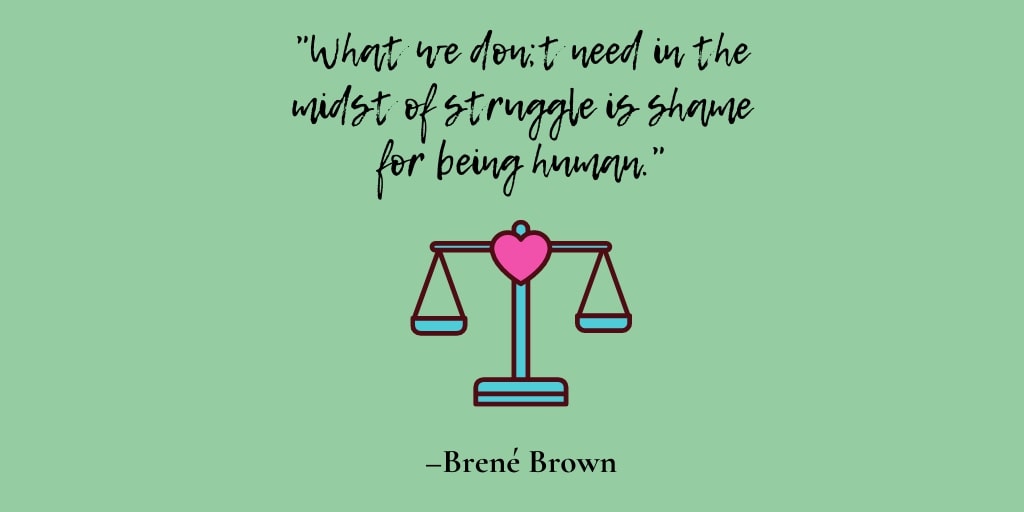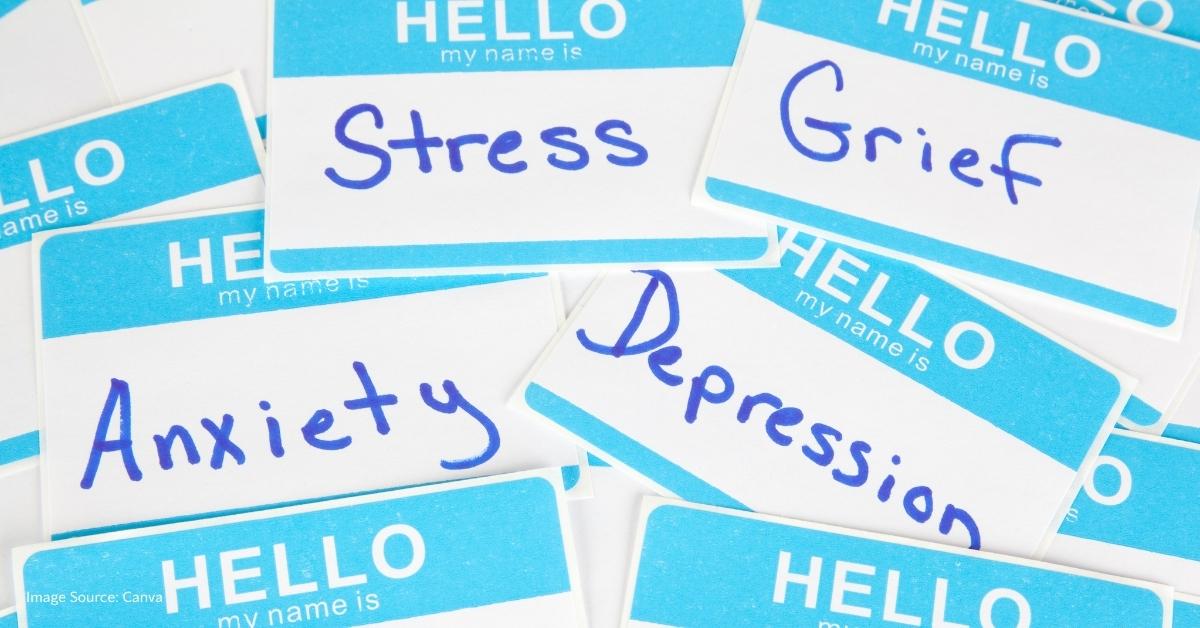Written by Vanshita Sharma | Reviewed By John Victor | Updated On September 11, 2022

Listen to this article in Audio
Shame is an uncomfortable feeling that we all are very familiar with.
We try our best to drive it down and bury it as deep as we can. However, it always remains there, unseen and unexplored. The form it takes is very personal to everyone. At times, it starts affecting even our simple choices and becomes increasingly distressing to one’s person.
For example, if you danced a ridiculous number that your family or friends do not approve of, you would feel shame, and the internal dialogue would be along the lines, “How could I do such a thing? My family feels ashamed of me. I can never be good enough. I shouldn’t have done that.” It’s such a painful feeling of humiliation that you’ve done something extraordinarily wrong or there’s something just plain wrong about you. It’s crippling our self-worth.
Shame is behind every unsatisfying aspect of our life, be it relationships, career, or ourselves. Our inner critic and shame get along too well and get us stuck in this vicious cycle of shaming and criticizing ourselves. More specifically, it’s called toxic shame. Yes, shame can also be good and evil. Shame in a healthy manner limits us in healthy boundaries of what we can and cannot do.
A person with zero shame will consider themselves as the “god.” On the other hand, toxic shame is the internalized feeling of being flawed and defective as a human being. A person toxically shamed forms an identity based on shame dialogues and loses contact with his authentic self. John Bradshaw considers toxic shame as the master emotion related to every other emotion we feel, be it be anger, happiness, sadness, or any different feeling.
How does toxic shame come into play?
As a child, when our caregivers shame our dependency needs, we come to associate those needs with shame, and thus whenever our wounded inner child feel needy, like for say as an example, needs some affection, we as adults feel ashamed for having such urges for intimacy and love and attention. The feelings and actions become bound in shame as early as in childhood. If we feel sad, we feel shame; if we break something in anger, we feel shame; if we love doing something that other person does not approve of, we feel shame; feelings of shame follow even the happiness and joy.
How do we respond to shame?
We numb ourselves. We won’t feel anything; then, we won’t feel shameful for anything. This is such a child notion: “Let's hide me so that the monster under the bed or in the dark won’t find me.” It is. Because we’re operating out of the wounded child that resides within us and who has been the victim of such painful events, such numbing out is carried out by operating on ego defense mechanisms, such as denial (“It didn’t happen to me”), dissociation (“I can’t remember what happened, it’s a blur”), minimization (“It’s not a big deal”), and many more.
This numbing of emotions and, ultimately, pain gives space for controlling our emotions as we see fit; however, this gives rise to repetitive maladaptive behavioral patterns, it's what we call—addiction, which can be of anything (e.g., work, food, drugs, sex). This pattern of addiction allows us to feel good feelings or avoid the painful ones.
For example, a sex addict may feel elated and experience a sense of mattering when they’re having sex; an alcoholic may feel on top of the world when they’ve drunk an insurmountable amount of alcohol; a work addict may work excessively to avoid feeling incompetent, and may feel elated as a result.
During these pandemic times, the most addictive pattern observed has been binge-watching —it’s a way to avoid feelings of inadequacy through fictional characters. Such a pattern of behavior has also been termed “Emotional Addiction” by Dr. Nicole LePera. She defines it as a pattern of behavior we engage in to feel a certain emotion or feeling, avoid feelings of shame, guilt, and regret, and avoid feeling dissociation from oneself.
If you feel you’re stuck in such addictive behaviors, remember that you’re normal. This is just a way of coping with feelings of shame, and you’re more than capable of healing.
.jpg)
Parenting-Kids
6 Helpful Ways To Cope With Working-Mom Guilt | Reevin
Parenting-Kids
Small Steps For Building Parent-Child relationship | Reevin
Parenting-Kids
What is Behind The Feelings of Shame?
Parenting-Kids
How To Deal With Impending Mental Health Crisis?